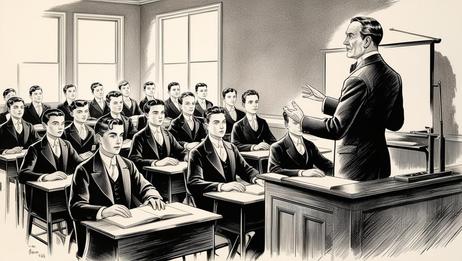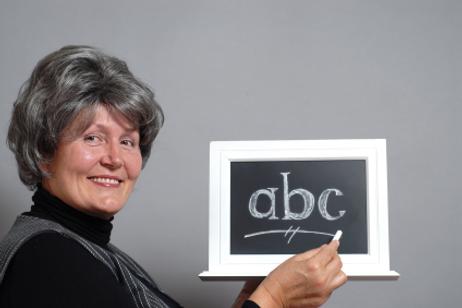Each state sets its own teacher certification requirements. While many private schools do not require you to be certified, it is in your best interests to obtain certification. Why is that so? Simply because it adds one more important credential to your resume. That will help keep you marketable for many years to come.
Here is the contact information you need to find out what the specific requirements are in the various states and territories.



 40 a.d.
40 a.d.














